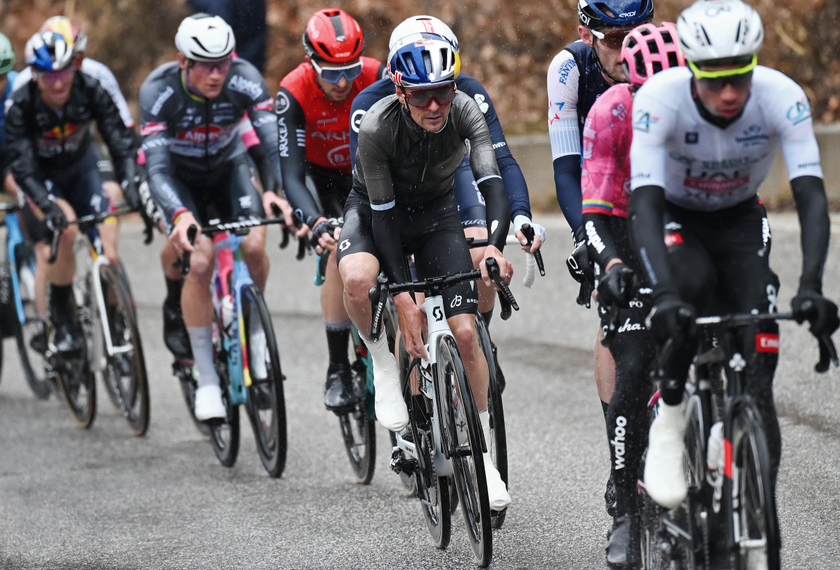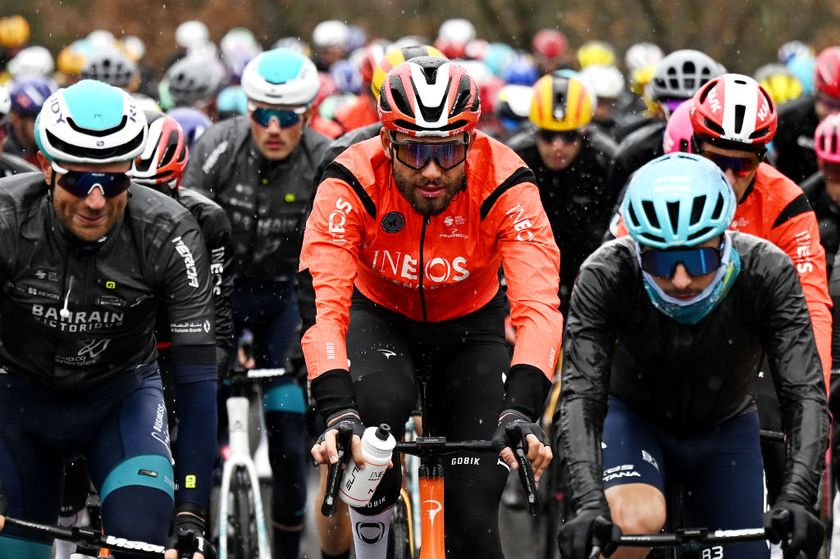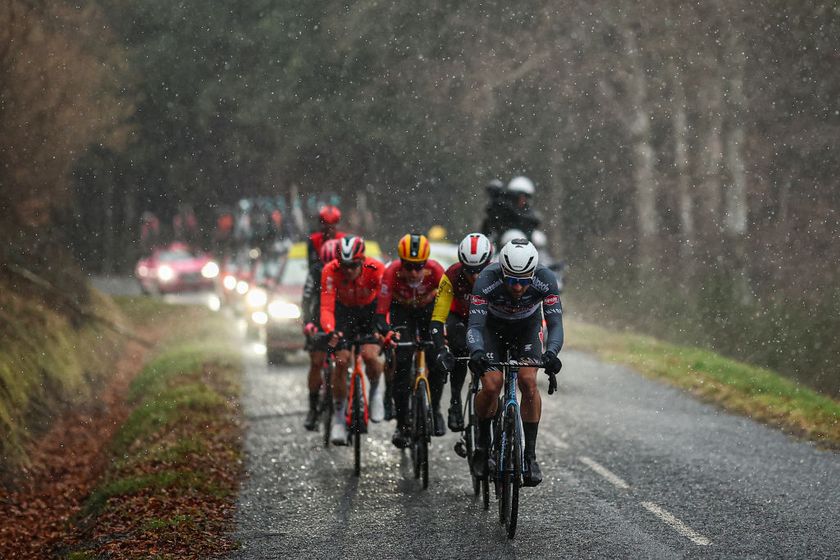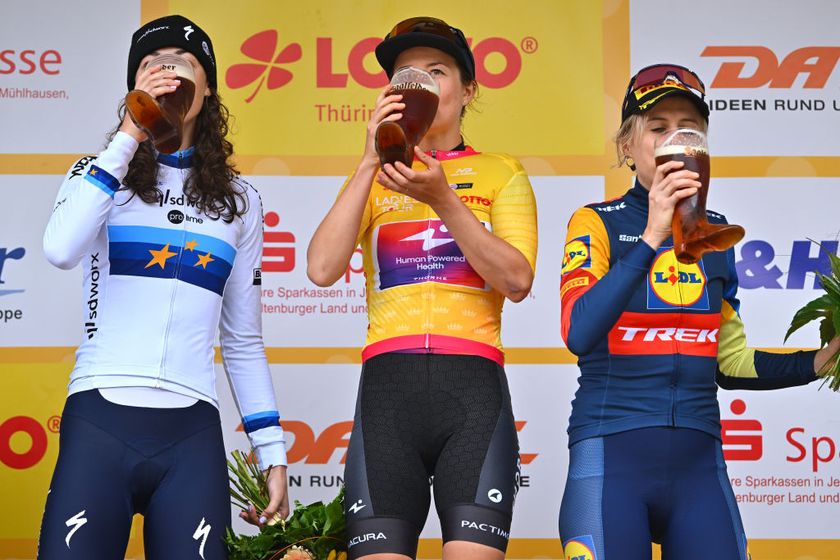Alberto Contador tests positive for clenbuterol
Tour de France test carried out on July 21, Spaniard blames food contamination

Alberto Contador has revealed he has failed an anti-doping test for the banned substance clenbuterol during this year's Tour de France.
Contador won the Tour de France for a third time in July, beating Andy Schleck by 39 seconds.
The doping control in question was carried on July 21 during the second rest of the Tour in Pau, in the Pyrenees. The day after, Contador set up overall victory by finishing in the same time as Schleck at the summit of the Col du Tourmalet.
A message issued by Contador's personal press officer said Contador had been a victim of food contamination and would give a press conference in his home town of Pinto, near Madrid at mid-day on Thursday.
"Alberto Contador is affected by a doping control at the last Tour de France on July 21, where it was found the substance clenbuterol," the automatically translated message reads.
"From the time of the first communication from the UCI, August 24, Alberto Contador alleged food contamination as the only possible explanation of what happened and has been turned over to the cyclist authorities since then in the confidence that this very serious problem could be clarified, which now is public."
"The experts consulted so far have agreed also that this is a food contamination case, especially considering the number of tests passed by Alberto Contador during the Tour de France, making it possible to define precisely both the time the emergence of the substance as the tiny amount detected, ruling out any other source or intentionality."
Get The Leadout Newsletter
The latest race content, interviews, features, reviews and expert buying guides, direct to your inbox!
"Alberto Contador will offer today, 30 September, at 12.00 hours, a Press Conference at Hotel Las Artes in Pinto (Paseo de las Artes, n º 15), in order to give his version of what happened to the public."
Contador rode for the Astana team this year but joined Bjarne Riis at Saxo Bank for 2011. Both Riis and the UCI's Pat McQuaid were unavailable to comment.
Meanwhile, on Thursday morning, Contador told Spanih radio that he believes the contamination came from a piece of beek meat he ate prior to the test, and that the small amount of the substance detected explained why the process took two months in order to be announced.
"You can put your hand in the fire and not get burned. If it had been a clear case of doping it would have come out that week. The food poisoning occurred due to a eating a steak that had come from Spain," he said.
Cyclingnews will bring you more on the story as it evolves.
Clenbuterol: What is it?
Often used to treat breathing disorders such as asthma, clenbuterol is an organic compound that mimics the effects of the sympathetic nervous system. The drug, classed as a beta-2 agonist, has short term effects similar to stimulant ephedrine, as it increases heart rate, temperature, perspiration and blood pressure.
Clinical tests on rodents have shown the stimulant has the effect of increasing muscle mass, however studies have not been conducted to measure impact or safety of human use. Long term use of the drug in rodent studies has proven to have a negative impact on the heart, with the heart increasing in size as collagen fibres penetrate the heart wall, which is believed to reduce cardiac output and believed to cause cardiac arrhythmias over time.
In some circles it’s commonly used as a ‘fat burning’ weight loss drug, however there’s little in the way of clinical evidence to support this theory.
Clenbuterol food contamination is rare however not without precedent, with Radioshack’s Li Fuyu claiming his positive test for the substance earlier in the season was due to contamination. There have been cases reported in both China and the United States of America where clenbuterol has passed into human’s bodies after eating meat from animals that have consumed the drug in order to produce a lean cut.









